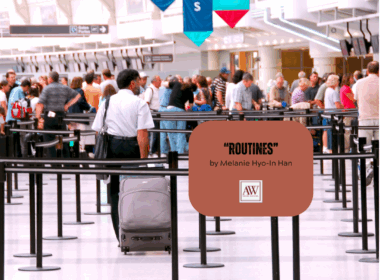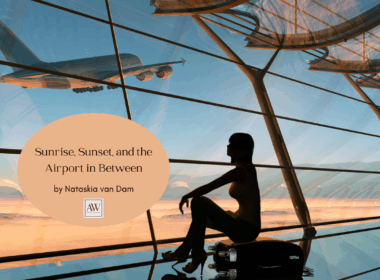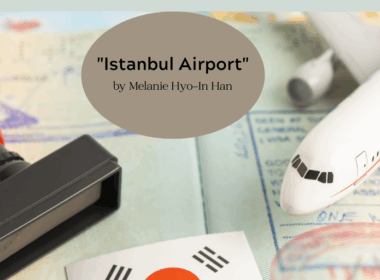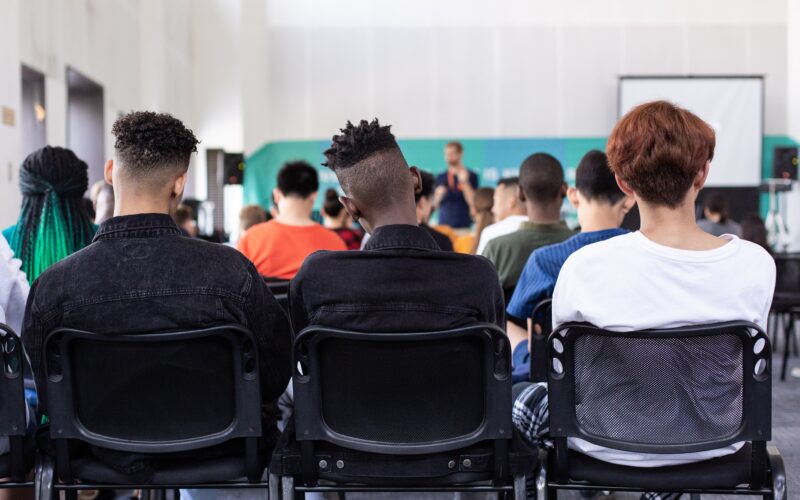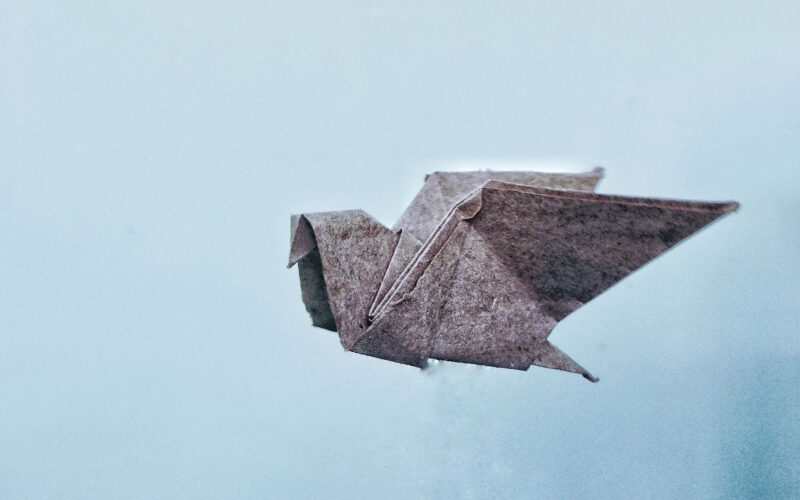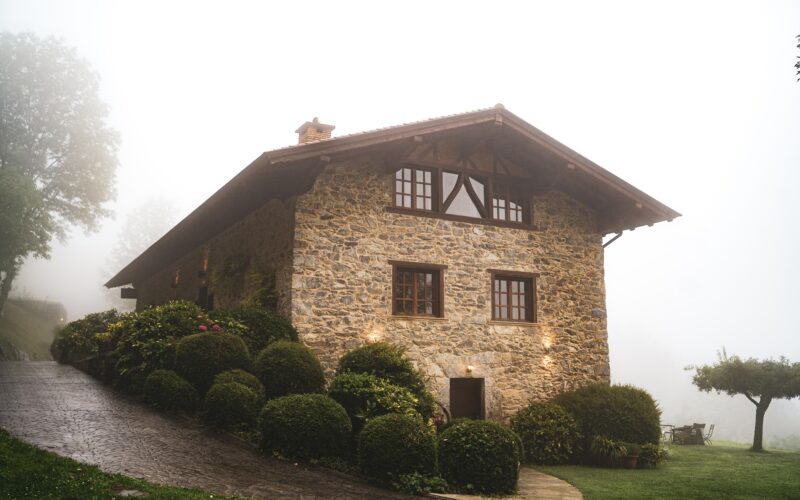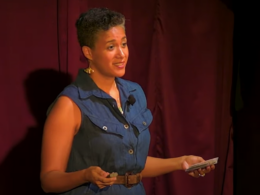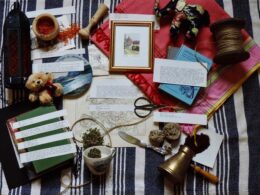by Katha von Dessien
I never thought I’d end up here.
As a TCK, I always imagined I would complete my studies in Germany and move abroad again to experience the world as soon as possible. And then . . . life happened, and I got a job at an ordinary high school in the German education system.
Well, maybe not that ordinary.
We have students from more than forty nations, each with their own stories, questions, and challenges. Many are cross-cultural kids who are usually told that they’re not truly German, that they’re not integrated well, or that their language is not good enough. And many others are local kids who are surrounded by a variety of cultures and could really benefit from intentional intercultural interactions.
Over the last couple of years, I have developed a curriculum for our international fellowship class (IFC) that allows students to discover more about themselves and the treasures they have hidden inside them: their intercultural experiences. Through interactive activities and reflections, they are challenged to dive into their own complex identity and cultural heritage. They tackle difficult questions when cultures clash and values collide. They sharpen their intercultural skills as they learn to tolerate and maybe even appreciate ambiguity.
They tackle difficult questions when cultures clash and values collide.
Katha von Dessien
Throughout the year, each student keeps a journal in which they reflect on their experiences and personal takeaways from the activities. Once in a while I am privileged to read their journals and they have become a huge gift for me. I am allowed an inside glimpse into their thoughts and questions, their challenges and hopes.
Here are some of my students in their own words:
Raschel Levites-Asad: “When I decided to join the IFC, I admittedly didn’t expect much from it; the main goal was to improve my English. However, as the months were passing, I discovered something unexpected, new people with experiences that differed drastically from mine. In this cultural clash, we had the opportunity to look at each culture from a new perspective, discovering many differences but also a surprising number of similarities. Through countless interactions in and outside class I kept learning new things, not only about the new cultures I was confronted with, but also about each individual and their unique life story. Once we had to interview each other about our respective countries. While facts about the sights and national achievements were interesting, the most striking thing was finding out about the mentality of people. A connection emerged between the mentality, customs, and language. Together we talked about this connection; we reflected on what it meant to us personally. Normally, I wouldn’t think about such things, yet this task pushed my thoughts in a new direction. To this day I try to keep this connection in mind as I meet more and more people.”

Orsiola Miftari: “We would often have chair circles and talk about our different cultures, languages, and food, where there were differences or similarities, and what role they played (for example, different greetings from around the world), and then we would talk about how that shapes a society; or in another lesson, we looked at world maps and how each country would have a different perspective of it, like Australia, whose world map is upside down, well, to us at least. Many of these lessons caused so much distress and anger in our class and it was very funny. After each lesson we students had to write in our booklets. It was just an ordinary notebook that we had to personalize and where we were supposed to reflect on each lesson. Reflecting and writing in this booklet helped me understand the lessons and also remember them, and not just that; it also helped me understand my feelings and how to deal with them. Even after a year has passed, I still find myself writing in my booklet and reminiscing about my friends and the experiences I collected throughout the year.”

Different cultures do exist right around us and our primary task is not to judge but to understand them.
Mischa Powilleit
Mischa Powilleit: “It‘s been more than two years since I finished the IFC. However, by reflecting on it, I still see how it benefits me. Firstly, it forged the understanding that different cultures do exist right around us and that our primary task is not to judge but to understand them. I recall one of the ‘activities’ where we were asked to play cards with each other without speaking, only to recognise that each group had been given a different set of rules. Understanding the different cultural ‘set of rules’ was helpful. As I’m working now in the multicultural environment of Jerusalem, it’s all the more of great value. Secondly, the intercultural training also equipped me how to cope with cultural experiences personally. I still have the blue booklet that contains the reflections we were supposed to write about our observations and feelings in the intercultural training. Besides enhancing the skill of reflection, this prepared me for uncomfortable moments in a foreign culture, which is why I remembered it especially in the first tough time here in Israel. In general, the intercultural training left me with an overall feeling of courage. Not with the attitude to know it all but with the confidence that diving into new cultures is possible and can be fun.”

The moment when I tell parts of my story and students realize with big eyes, “I am not alone with my multicultural challenges,” or when they note that “I didn’t expect it to be so healing to write down my own story” are priceless. It’s a deep exhale, a moment of connection.
I have learned so much from my students and come to discover that I didn’t have to go further to experience the world than to settle where I already am.
Katha von Dessien is a TCK from Uganda, an author, and a podcaster who now lives in Southern Germany, where she works as a high school teacher—in an intercultural setting, of course. She is passionate about hearing people’s stories and walking alongside them as they discover themselves. Blog: www.thisiskatha.com Instagram: @mundane.narratives


